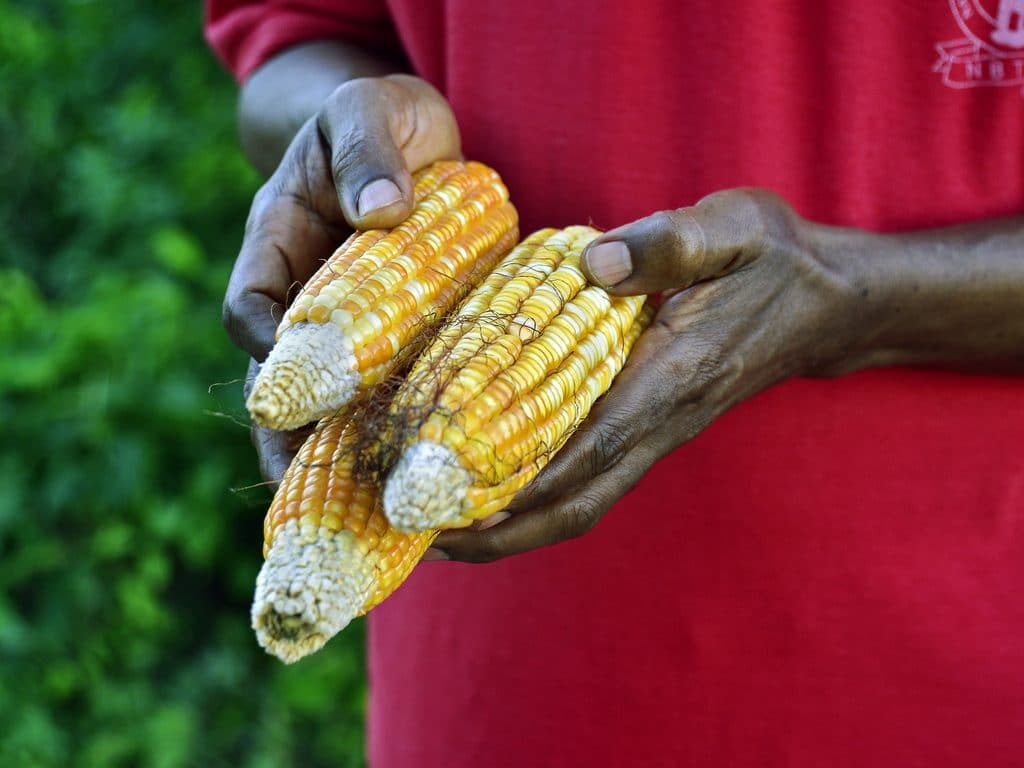Solve the problem of food insecurity while preserving nature, but how? This question is being addressed by the recently launched West Africa Agro-ecological Transition Support Project (Patae) in Abuja, the capital of the Federal Republic of Nigeria. The objective is to support actions on the ground in favour of ecological transition. It is also an instrument that will boost agricultural production in the sub-region. An approach that will guide the environmental policy of the Economic Community of West African States (ECOWAS) in the coming years.
The funding from the French Development Agency known by its French acronym as AFD, is a boost for this project. AFD is making available a sum of 8 million euros, or more than 5 billion CFA francs. Sekou Sangaré, Commissioner of Agriculture, Environment and Water Resources of the ECOWAS Commission, welcomed this support. With this funding, “our project will stimulate ecological processes in agricultural production, food and nutrition security in West Africa, particularly in areas affected by agricultural land degradation, rainfall problems and natural resource degradation”, the Commissioner emphasised in his speech in Abuja.
Five ECOWAS countries concerned by Patae
For a period of 4 years, the Project to Support the Agro ecological Transition in West Africa (Patae) will be coordinated by several institutions. These are the Regional Agency for Agriculture and Food (Araa), which will receive technical assistance from the Association of Veterinarians Without Borders (Avsf), the African Institute for Economic and Social Development (Inades) and the Institute for Research and Application of Development Methods (Iram).
In Burkina Faso, Mali, Senegal, Togo and Côte d’Ivoire, are the countries concerned by the project, where family farms will be supported. The aim will be to “enable them to produce food of sufficient quality and quantity”.
Jean Marie Takouleu
